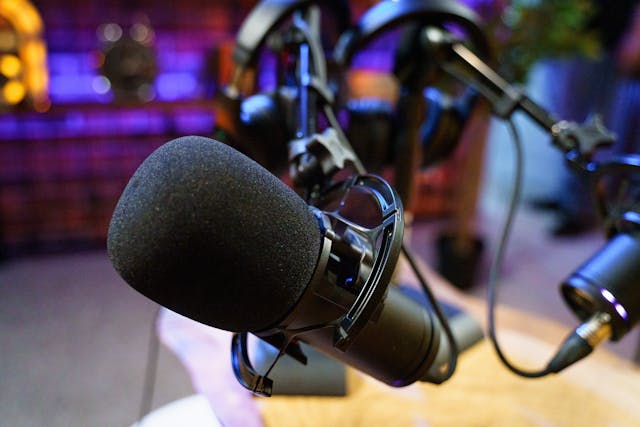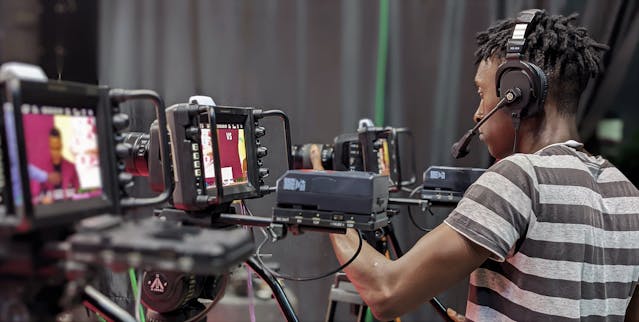6 Ways Audio Enriches Everyday Life in Rwanda

As consumers, we’re comfortable with the use of audio in everyday life. Think of the last birthday party you attended. There’s a good chance at some point, someone during the celebration captured a few moments on video.
Was there audio in the video? Of course. Audio is a necessary component to video which provides rich context to what would be an otherwise silent movie.
As consumers, audio is a part of the fabric of our everyday lives.
In security, with audio being increasingly adopted to verify alarms, deter and prevent dangerous crimes, and streamline business operations, we’re witnessing an incredible shift to the overall mindset of video-only security operations: As societal expectations and overall comfort with audio have evolved, so has security. And, we’re all better off for it.
With that said, let’s explore some of the common ways we use audio in our everyday lives.
1. “Hey Siri”
Love it or hate it, we live in an era of digital personal assistants. To many, Apple’s Siri has become a part of daily life. We’ve become used to the idea of an “always-on” listening device tucked away in our pocket, listening for verbal cues and commands.
Any hesitations regarding personal privacy are quickly overcome when we see how convenient these devices and accompanying AI components are in our day-to-day lives. Now, all generations are partaking – In fact, older Americans are surprisingly adopting this technology at a faster rate.
2. Social Media
We live in an era where we’re compelled to post every facet of our lives online.
With social media platforms being the crossroads of the internet and our lives, it should come as no surprise audio is a necessary component in the overall experience.
Case in point: Scroll through your Facebook or Instagram feed. There’s a good chance you’ll encounter a video promoting last week’s BBQ or a distant friend’s tale of raising a child. We don’t think much of audio here because audio is so ingrained in the overall social media experience.
3. YouTube
In an era of all-you-can-listen to for $9.99, it should come as no surprise that services like YouTube have become necessary components in our day-to-day lives. What would that music video be without the audio?
Going further, think back to the last time you used YouTube to learn something new or improve a work-related skill like installing IP cameras on an antiquated analog security network?
5. Smartphones
There’s a reason some smartphone manufacturers out there have opted for stereo speakers on our pocket devices: Audio is a necessary component to the overall smartphone experience. Where would we be without audio during our candy crush marathons?
Related to security, think about smaller installations where business owners who opt for remote viewing when they are out of the office on a business trip. With today’s internet habits shifting to mobile devices, audio becomes a necessary part of the overall experience, even in remotely monitoring businesses.
6. Television
Lastly, we return to one that started it all: TV. Without audio, we’re essentially watching silent movies. Without subtitles, there isn’t much value or enjoyment to be had by watching silent TV.
Final Thoughts
The elephant in the room? Audio use is legal.
In security, audio serves as complementary technology to video. Alarm verification, crime deterrence and prevention, and using audio to streamline business operations are just a few of the ways audio is being implemented in today’s security operations.
The key takeaway here: As we as a society have become aware of the benefits of using audio technology in our daily lives, our progression has helped shift the video-only mindset of the security industry. By bringing video’s sister sense back into the fold, we’re able to better leverage technology to help protect people and property.





